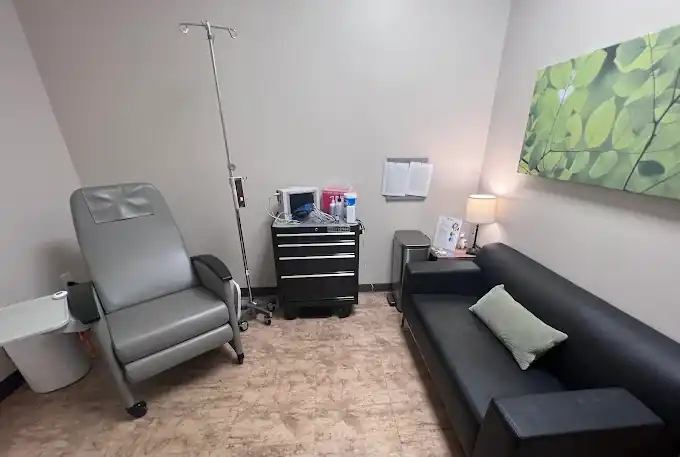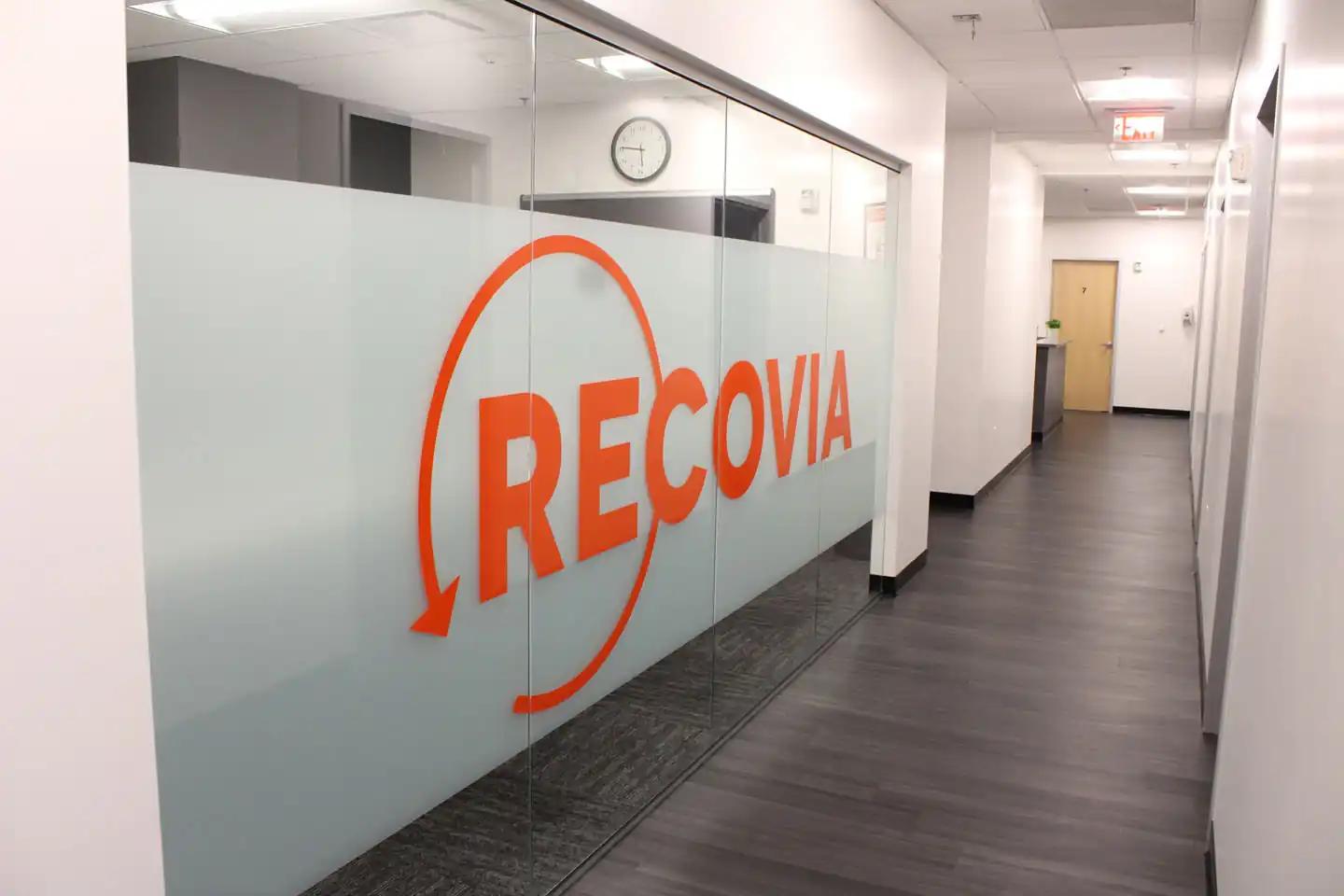Nervous System Rehabilitation + Sobriety
“It’s not just willpower. Your nervous system needs healing too.”
Recovery isn’t just about stopping a behavior or substance it’s about repairing the system that made those things feel necessary in the first place. If your body feels constantly anxious, numb, dissociated, or reactive, you may be dealing with nervous system dysregulation and no amount of motivation alone will fix that.
At TruPaths, we believe real, lasting recovery must include nervous system support. Whether you’re navigating trauma, chronic stress, addiction, or mental health challenges, this page is here to help you understand what’s happening in your body—and find care that brings you back to a state of safety, balance, and connection.








